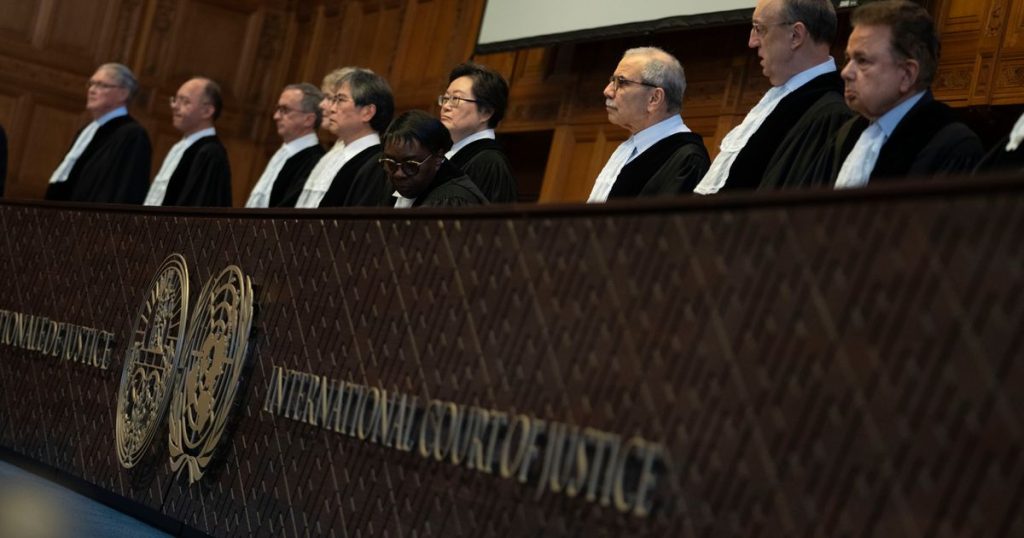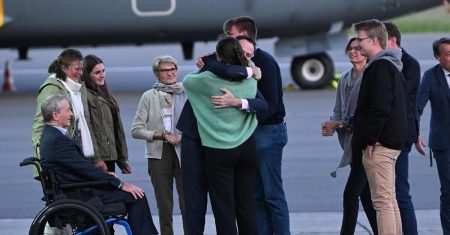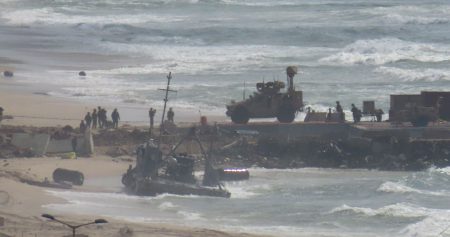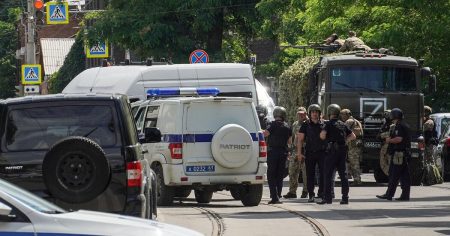The International Court of Justice (ICJ) has ordered Israel to immediately halt its military operations in Rafah, Gaza, though it did not order a full cease-fire. This order is likely to increase pressure on Israel, as criticism of its conduct in the conflict is growing, including from close allies like the United States. Israel’s Prime Minister Benjamin Netanyahu is facing domestic pressure to end the war, which was triggered by attacks from Hamas-led militants that resulted in civilian casualties and hostages being taken. The ruling by the ICJ is a blow to Israel’s international standing, but the court lacks a police force to enforce its orders.
Israel has signaled that it will not comply with the ICJ’s order to stop its operations in Gaza, with a government spokesperson stating that Israel will not be deterred from protecting its citizens and going after Hamas. The court’s ruling highlighted the dire humanitarian situation in Rafah and mandated that Israel keep the Rafah crossing open for the delivery of urgently needed aid. South Africa, which brought the case to the ICJ, had requested a full cease-fire throughout Gaza, but the court did not include this in its ruling. The case against Israel, accusing it of genocide during the Gaza campaign, will continue for years, with South Africa seeking interim orders to protect Palestinians during the legal process.
The ICJ has found that Israel’s military operations pose a significant risk to the Palestinian people in Gaza, with thousands of casualties and widespread destruction in the region. Israel disputes the claims of genocide and stresses that it takes measures to minimize civilian harm in its military actions. The Health Ministry in Gaza has reported over 35,000 Palestinian deaths and dire humanitarian conditions, including famine and forced displacement, due to the conflict. The ICJ had previously ordered Israel to prevent death, destruction, and genocide in Gaza, but did not call for an end to the military offensive.
The ICJ’s jurisdiction lies in resolving disputes between nations, while the International Criminal Court (ICC) prosecutes individuals for war crimes, crimes against humanity, and genocide. The ICC Chief Prosecutor has requested arrest warrants for Israeli leaders, including Netanyahu and Defense Minister Yoav Gallant, as well as top Hamas officials, for alleged war crimes and crimes against humanity in Gaza and Israel. Israel is not a member of the ICC, so the arrest warrants may not lead to immediate prosecution, but could restrict the leaders’ international travel. The threat of arrest adds pressure on Israeli leaders amid increasing scrutiny of their actions in the conflict.















